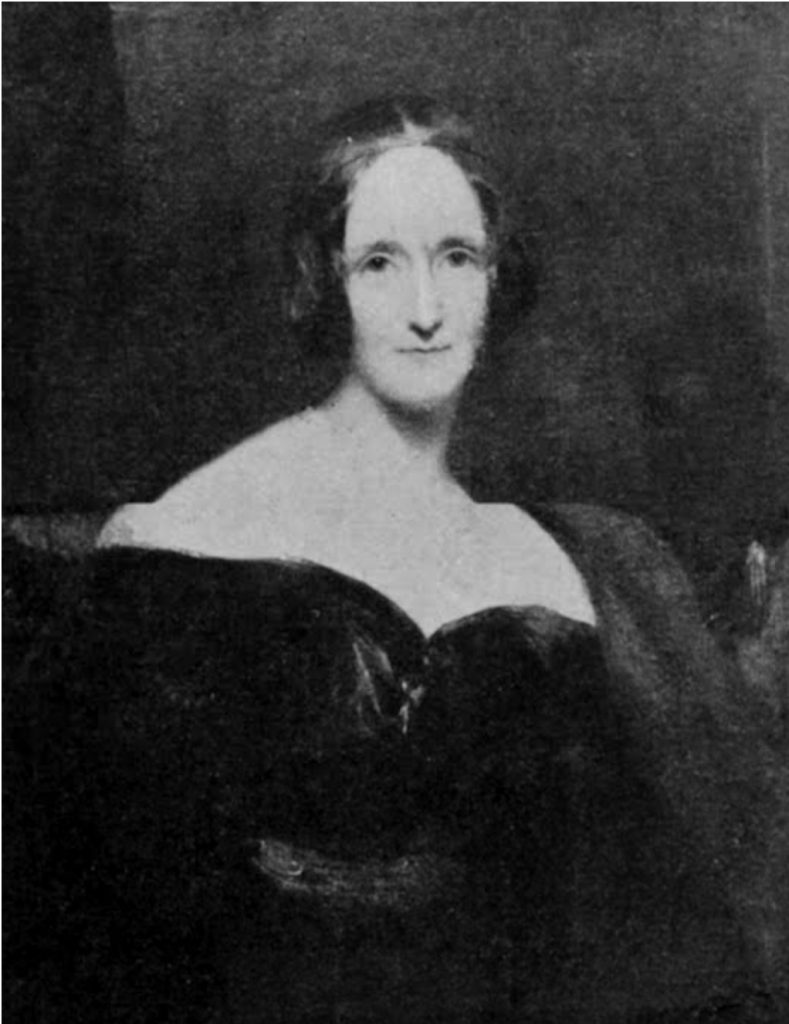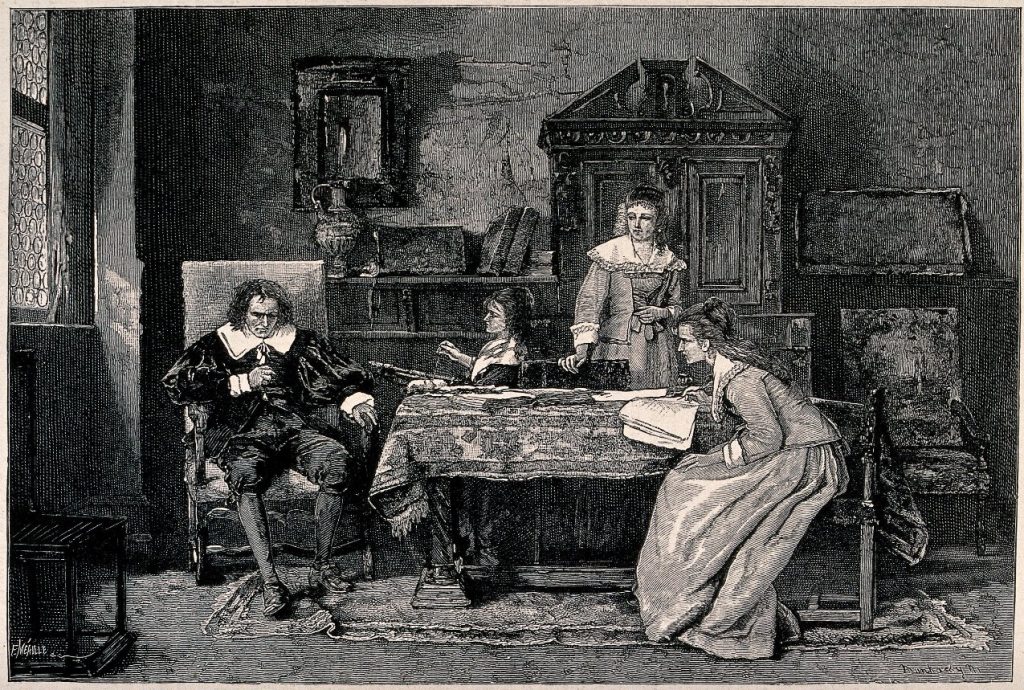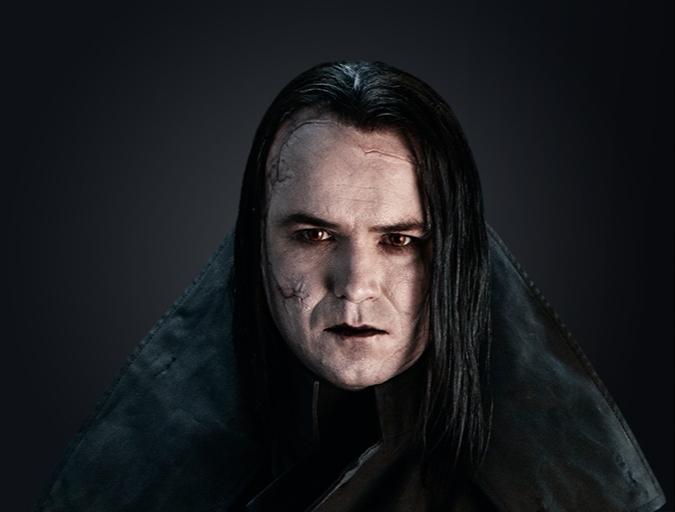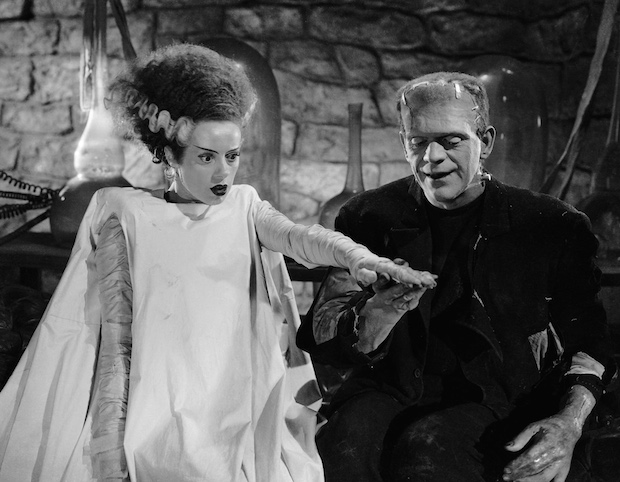“Paradise Lost,” the epic poem by John Milton, is widely considered to be one of the greatest works of literature in the English language. This work has had a profound influence on many subsequent works of literature, including the classic novel “Frankenstein” by Mary Shelley, considered to be the first true science fiction novel.
In this article, we will explore the various ways in which “Paradise Lost” has influenced “Frankenstein,” examining the ways in which Shelley drew upon Milton’s ideas and themes to create her own unique story.
The Evolution of “Frankenstein”: From 1818 Original to Rediscovered Classic
First of all, if you haven’t read “Frankenstein” then you are missing out on one of life’s greatest pleasures. If you are interested in experiencing Mary Shelley’s powers of prose, I must warn you that there are two versions of her novel out there. You see, Mary was only 18 years old when she wrote “Frankenstein” in 1818! She was a prodigious writer.
However, she was a female writer and published her novel under a pseudonym in the 1830s. This version was heavily edited by Mary’s husband, Percy Shelley, the poet who wrote “Ozymandias.” Regardless, as you can see, there were two very different versions of the same novel.
The original from 1818 was not published until much later, and the 1831 version was edited and published by Percy Shelley. The version that was first popularized was the Percy version, and for a time, that was the version of “Frankenstein” that everyone was familiar with.
Fortunately, Mary Shelley’s true version of her novel was rediscovered and has gained traction. It has begun to occupy its rightful place as the definitive “Frankenstein,” just as Mary, its original author and maker, had intended.

Now, the story behind the novel’s creation is almost as intriguing as the novel itself, and the circumstances surrounding Mary’s writing it were incredible. But for now, I want to focus on how her novel builds on previous works from English literature, particularly John Milton’s epic poem “Paradise Lost.”
“Exploring the Epic Poetry of John Milton’s “Paradise Lost”
In case you are unfamiliar with Milton’s work, “Paradise Lost” is a retelling of the book of Genesis from the Bible’s Old Testament. It was published in 1667 and written in blank verse, otherwise known as iambic pentameter.
It is a staple of epic poetry to write it in iambic pentameter. From “Beowulf” to “Gawain and the Green Knight” and others like Sir Edmund Spencer’s “The Faerie Queen,” epic poems are typically written in iambic pentameter.

“Paradise Lost” is important for one of several reasons: it doesn’t rhyme, it features a sympathetic villain as the main character, and it deals with an overtly political subject that draws from Milton’s life and experiences during England’s tumultuous revolution and subsequent restoration of the monarchy.
“Paradise Lost” plays with the English language in ways that had never been achieved before. Depending on which aspect, character, or even book of the epic poem one is thinking about, a recurring theme is the Fall, or the Fallen.
For every character, to Fall has a different meaning. For Satan, to Fall is to disobey God and be expelled from paradise. For Eve, to Fall is to disobey God and achieve a God-like status. For the angel Raphael, to be Fallen means to be out of God’s favor. For Adam, to be Fallen is to lose his status as Lord of Paradise.
The Misconceptions Surrounding Mary Shelley’s “Frankenstein”
But if we are talking about “Frankenstein” (and we are), then what’s interesting for us is Satan’s point of view since it is with him that the creature in Mary Shelley’s novel sympathizes.
You see, most people who have heard of “Frankenstein” but have never read Shelley’s novel may have a mental image of “Frankenstein” reminiscent of the Universal monster movies.
A green monster, taller than most men, with screws on its neck and a squared head, brought to life with lightning by a mad scientist. However, this is not accurate. In fact, Victor Frankenstein is not a doctor, the creature is not a dumb monster but instead is a highly articulate individual, and he definitively doesn’t have screws in his neck.

The Interwoven Themes of “Paradise Lost” and “Frankenstein”
Perhaps the most obvious connection between “Frankenstein” and “Paradise Lost” is the fact that the creature (Frankenstein’s monster) reads John Milton’s epic poem during book 2 of Shelley’s novel.
Right away, the creature identifies with Satan’s tragedy and sees himself as being cast out of Paradise by his creator, Victor Frankenstein. (Although, he identifies himself with Adam at first.)
Another way in which Shelley’s novel builds on top of Milton’s epic is by including the creature’s request to have a partner equal to him, just as Adam requested Eve to be created as his “equal companion.”

But there is a little of Satan’s hell inside of Victor Frankenstein as well. In “Paradise Lost,” hell (the place) is described as being not only a physical place but also a state of mind. In other words, hell is that which you carry within. It is inescapable. And after completing his creation and abandoning the creature, every death that follows is Victor’s fault, which of course Victor refuses to accept.
The Fascinating Personal Histories of John Milton and Mary Shelley
Now, outside of both works, their authors both had remarkable stories before writing them. Milton was a privileged writer, rebel, and even traitor at one point. Outside of his political activism and civic duties, he was a writer and scholar.
John Milton spoke many languages fluently, but he didn’t begin writing his masterpiece until he was 50 years old, and even by then, John Milton was already blind. So when he finally began writing “Paradise Lost,” he dictated the entire poem to his daughters. All of his life experiences, from his failed revolution to his life as a blind man, and everything he had read up until that point, inspired him to write Paradise Lost to explain the ways of God to men.
As for Mary Shelley, she didn’t take part in any revolution to overthrow the monarchy and, in fact, the opposite of Milton is that she wrote the original Frankenstein novel of 1818 when she was only 18 years old. However, that doesn’t mean that her life was uneventful.
Mary Shelley was born the daughter of another female writer, Mary Wollstonecraft, the author of “A Vindication of the Rights of Women,” Wollstonecraft was an important female writer of the English language, despite being nowadays mostly known as Mary Shelley’s mother.
Mary Wollstonecraft had a significant influence on Mary Shelley’s writing, even though she passed away after giving birth to Mary.
Mary grew up without her mother and got to know her through reading her old diaries and manuscripts. This same method of learning about one’s history and motivations through reading personal documents is depicted in Shelley’s epistolary novel “Frankenstein.”
In the novel, the creature learns about his own story and the reasons behind his creation and abandonment by reading Victor Frankenstein’s diary, which he finds in the coat he takes with him when he leaves the workshop.
The way the reader experiences the novel, through reading letters and diary entries, mirrors the way the creature learns about his own story and the way Victor Frankenstein creates him using parts from corpses. It’s a representation of the creature itself, pieced together like the novel.
In both works, we can find traces of the authors’ lives, and we can assume how they inspired and informed the style and themes of both “Paradise Lost” and “Frankenstein.”
For John Milton, we can see how being blind probably inspired him to write about a place full of “darkness visible,” but also how Satan himself is blind to his own limitations. As for Shelley, we see how her experiences of reading about her mother without ever meeting her trickled down to Victor’s own relationship with his creation. But we also see how Mary Shelley responds to John Milton’s idea of hell as a state of mind and the state of being fallen.
Continue exploring the themes of fallenness and hell in both “Frankenstein” and “Paradise Lost” by reading our other articles on the matter.

Leave a Reply
You must be logged in to post a comment.